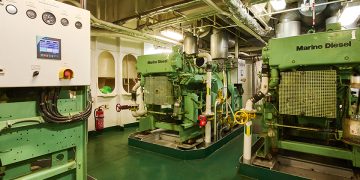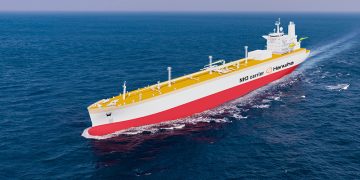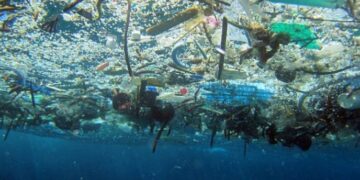Issues under discussion on the forthcoming MEPC
IMO MEPC will meet for its 68th session next week, from 11 to 15 May 2015, at IMO Headquarters in London. The hot issue on the agenda will be the adoption of the draft environmental provisions of the Polar Code which will make the Code mandatory. The adoption of the Polar Code and associated MARPOL amendments at MEPC 68 will complete the process to make the Code mandatory under both the SOLAS and MARPOL treaties. Other items under discussion at the forthcoming meeting will be as follows: MARPOL Annex I amendments relating to oil residues set for adoption The MEPC will consider, with a view to adoption, draft amendments to regulation 12 of MARPOL Annex I, concerning tanks for oil residues (sludge). The draft amendments update and revise the regulation, expanding on the requirements for discharge connections and piping to ensure oil residues are properly disposed of. A related revised unified interpretation to the regulation will also be put forward for adoption. Ballast water management status and technologies to be reviewed The MEPC will review the status of the International Convention for the Control and Management of Ships' Ballast Water and Sediments (BWM Convention), 2004, which is ...
Read more






















































